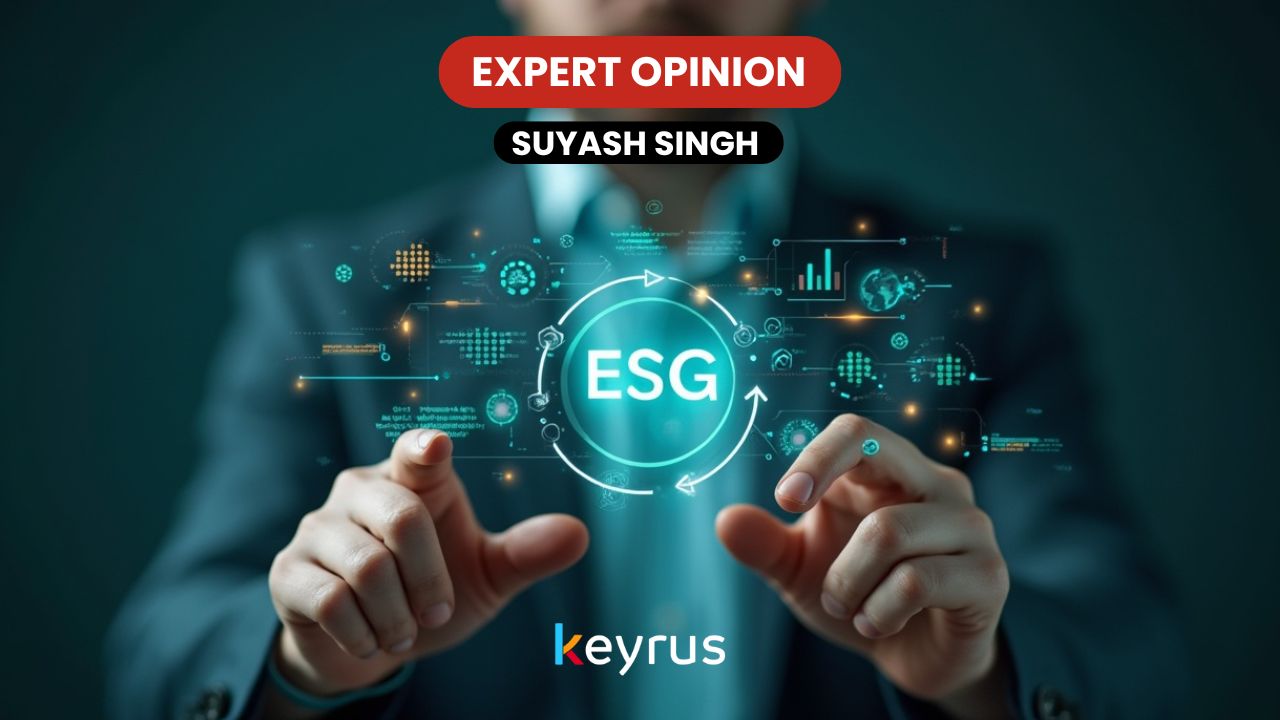€25 million. That's the price DWS recently paid for exaggerating its ESG credentials. As courts worldwide begin weighing in on greenwashing claims, I can tell you that financial penalties are just the beginning. Beyond fines lurk reputational damage, investor exodus, and executive fallout, as demonstrated by DWS's CEO resignation following their scandal. The message from regulators is crystal clear: the era of unsubstantiated sustainability claims is over, and the consequences are becoming increasingly severe.
The rising tide of greenwashing litigation
After analysing recent trends, I found some compelling data: over 2,000 companies globally have been involved in greenwashing incidents in the last four years. Research from environmental, social, and governance (ESG) data provider RepRisk shows that in 2024 alone, 918 European companies faced at least one greenwashing risk incident—a dramatic increase from 338 in 2020. It was particularly disturbing to learn that German prosecutors' €25 million fine on DWS follows a $25 million settlement with US authorities over similar charges, demonstrating what I see as a coordinated global approach to enforcement.
Raising the bar: A new legal paradigm
What I've found most significant is how enforcement is evolving. Initially, greenwashing was primarily the domain of regulatory bodies. Now I'm witnessing a considerable shift toward court litigation:
The Grantham Research Institute reports a surge in "climate washing" cases from a handful in 2017 to over 140 globally by 2023.
Landmark rulings like the Amsterdam District Court's judgment in FossielVrij NL v KLM, concerning corporate environmental claims and greenwashing, are establishing precedents for future litigation.
The EU is implementing stringent new rules, including the upcoming "Green Claims Directive preparation" requiring independent verification of sustainability statements.
Our approach at Keyrus: Beyond compliance to competitive advantage
In my role at Keyrus, I've seen firsthand that ESG regulatory reporting is no longer just about ticking boxes but transforming how organisations approach sustainability data management. Our recent work with a leading global asset manager exemplifies this approach:
Comprehensive Regulatory Mapping: Keyrus teams conduct thorough assessments of the evolving regulatory landscape to ensure complete compliance with frameworks like SFDR and provide customised SFDR reporting templates to streamline disclosure processes.
Data Integration and Management: We have implemented a robust ESG data platform that seamlessly integrates with ESG market data providers and other internal applications. Along with a comprehensive data quality and governance capability to avoid the "didn't correspond to reality" pitfalls that led to DWS's costly fines.
Automated Reporting Solutions: The ESG regulatory compliance solution we have helped develop not only ensures compliance but delivers tangible business benefits, including a 70% reduction in reporting time and 3X faster decision-making capabilities.
Standardised Sustainability Scoring: We work with clients to develop sustainable investment scoring methodologies with consistent metrics across investment products to provide transparent, verifiable sustainability performance data.
AI & ML Capabilities: Our solutions enable dynamic, real-time regulatory insights that prevent greenwashing vulnerabilities through advanced analytics that continuously verify alignment between marketing claims and actual portfolio composition. These technologies compensate for knowledge deficits by providing intelligent guidance on ESG integration and surfacing insights that might otherwise require specialised expertise. At the same time, it also creates a competitive advantage through cutting-edge AI capabilities that position asset managers at the forefront of ESG innovation and enable sophisticated analysis beyond manual capabilities.
Keyrus ESG accelerators: Fast-track your regulatory compliance
What sets Keyrus apart is our suite of purpose-built ESG accelerators that I've seen dramatically reduce implementation time and complexity. Our accelerators include:
Pre-built SFDR & EU Taxonomy Data Models: We have designed ready-to-deploy data structures aligned with the latest regulatory requirements, eliminating months of development work.
ESG Scoring Engine: We implemented a configurable calculation framework that applies sustainable investment scoring methodologies consistently across portfolios.
Regulatory Reporting Templates: We have created fully formatted disclosure templates for Principal Adverse Impact (PAI) statements, periodic reports, and pre-contractual disclosures
Data Quality and Governance Frameworks: We also developed automated validation rules specifically designed for ESG metrics to identify inconsistencies before they impact reporting. Our solution includes comprehensive data lineage tracking to document the origin, movement, and transformation of ESG data across systems, ensuring transparency and auditability throughout the reporting process. Additionally, we implemented stewardship capabilities that clearly define roles, responsibilities, and ownership of data assets, strengthening accountability and improving overall data management practices.
ESG Dashboard Library: We have also built pre-built visualisations enabling portfolio managers and product teams to monitor sustainability performance in real-time
In my experience, these accelerators have enabled our clients to achieve compliance up to 60% faster than traditional implementation approaches while significantly reducing project risk and cost.
From ESG risk to opportunity
While I observe the regulatory stakes are higher than ever, I've seen organisations that implement effective greenwashing prevention strategies transform compliance obligations into competitive advantages. Our clients aren't just avoiding fines—they're building stakeholder trust, enhancing their reputation, and making better-informed investment decisions. As Michael Showalter from the IBA Environment, Health and Safety Law Committee observed, people are now looking at ESG and anti-greenwashing regulation as "a device to really shape corporate behaviour." I see forward-thinking organisations embracing this reality.
The proactive approach
In my analysis, the message is clear: the days of "exuberant marketing" around sustainability claims are over. With courts and regulators increasingly aligned in their approach to greenwashing, organisations must ensure their ESG reporting is precise, transparent, and verifiable. With our EU Taxonomy alignment tools and my expertise, I'm committed to helping our clients at Keyrus navigate this complex landscape—not just to achieve compliance, but to unlock the strategic value of sustainable business practices. The question is no longer whether you can afford to invest in robust ESG data management, but whether you can afford not to.
Want to learn more about how I can help transform your approach to ESG regulatory reporting? Contact our team of experts today. For further reading, download this exclusive e-book: ESG Advantage: Transform your compliance into a Competitive edge
